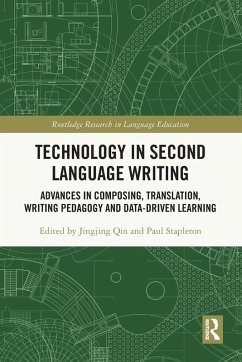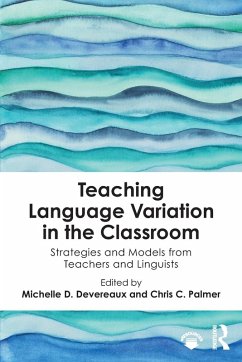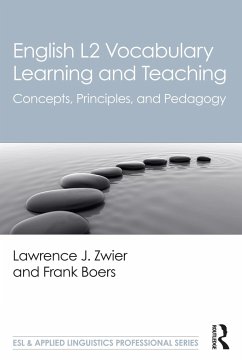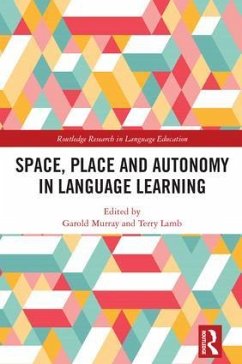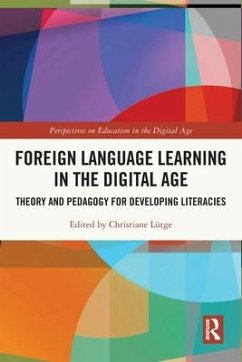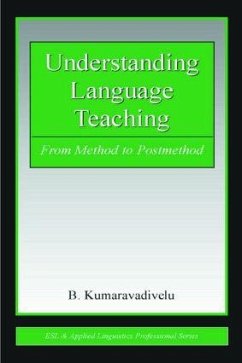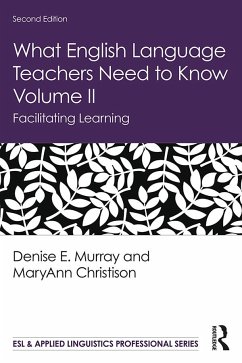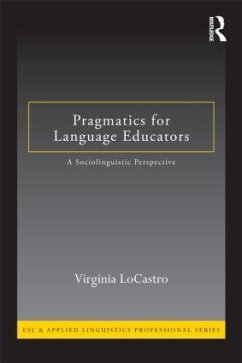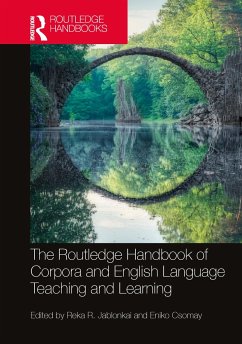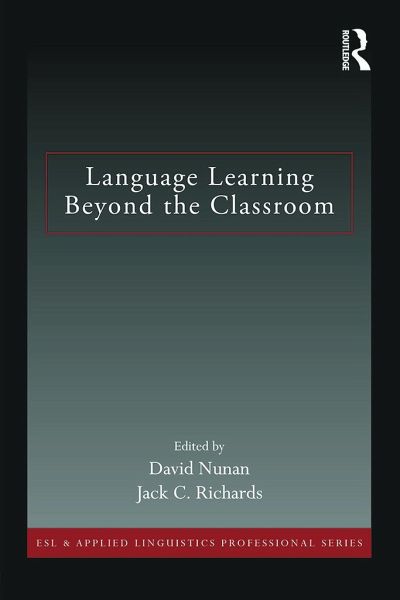
Language Learning Beyond the Classroom
Versandkostenfrei!
Versandfertig in 6-10 Tagen
53,99 €
inkl. MwSt.
Weitere Ausgaben:

PAYBACK Punkte
27 °P sammeln!
This volume presents case studies of language learning beyond the classroom. The studies draw on a wide range of contexts, from North and South America to Europe and the Asia-Pacific region. Each provides principled links between theory, research and practice.While out-of-class learning will not replace the classroom, ultimately all successful learners take control of their own learning. This book shows how teachers can help learners bridge the gap between formal instruction and autonomous language learning. Although English is the primary focus of most chapters, there are studies on a range o...
This volume presents case studies of language learning beyond the classroom. The studies draw on a wide range of contexts, from North and South America to Europe and the Asia-Pacific region. Each provides principled links between theory, research and practice.
While out-of-class learning will not replace the classroom, ultimately all successful learners take control of their own learning. This book shows how teachers can help learners bridge the gap between formal instruction and autonomous language learning. Although English is the primary focus of most chapters, there are studies on a range of other languages including Spanish and Japanese.
While out-of-class learning will not replace the classroom, ultimately all successful learners take control of their own learning. This book shows how teachers can help learners bridge the gap between formal instruction and autonomous language learning. Although English is the primary focus of most chapters, there are studies on a range of other languages including Spanish and Japanese.





